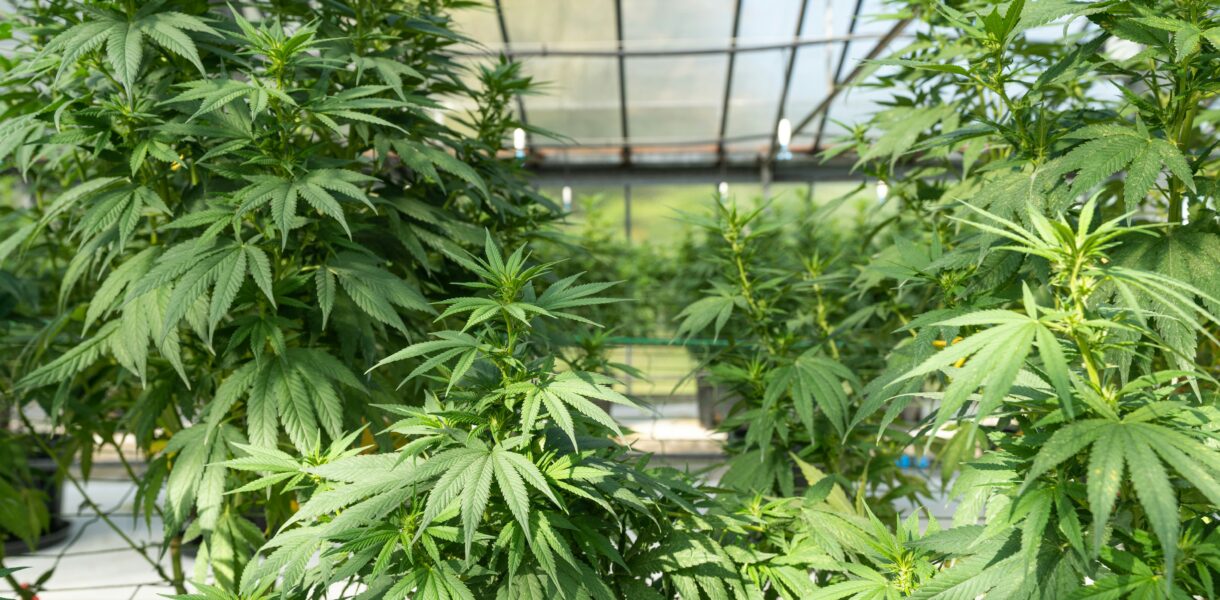Cannabis production has changed drastically over time, with an increased concentration on organic approaches that prioritize sustainability and environmental awareness. Using natural processes instead of artificial chemicals or pesticides allows you to produce robust, healthy cannabis plants. This investigation delves into a range of organic agricultural techniques, illuminating the creative thinking that supports the flourishing field of organic cannabis production.
1. Soil Health and Composition
The quality of the soil is the most important factor in determining the effectiveness of organic cannabis growth. Cannabis plants require a well-balanced soil composition throughout their life cycle to acquire the nutrients they need. Organic farmers focus on using compost, covering crops, and organic amendments to promote soil health. Using these measures, the soil structure, water retention, and microbial activity are all improved, so producing an environment that is ideal for the growth of cannabis plants.
2. Companion Planting Strategies
Companion planting is an innovative organic farming approach that involves deliberately arranging companion plants besides cannabis to boost development and deter pest using companion planting. To provide a natural defense mechanism for the cannabis crop, certain plants secrete natural substances that serve as a deterrent to the most frequent cannabis pests. Planting aromatic plants such as basil or chamomile near cannabis, for example, can help prevent the presence of pests and produce a more wholesome growth environment.
3. Water Conservation Techniques
Growing cannabis organically requires careful consideration of water conservation, particularly in areas where water is scarce. Organic farmers adopt strategies like rainwater collection and drip irrigation to reduce water consumption. By delivering moisture straight to the roots and lowering the possibility of overwatering, drip irrigation assures focused watering. However, rainwater harvesting offers a sustainable water source, minimizing dependency on conventional water sources.
4. Natural Pest Management
The growing of organic cannabis places an emphasis on the use of natural pest management approaches rather than chemical alternatives. It is usual practice to introduce beneficial insects into the cultivation area, such as ladybugs and predatory mites, to manage common pests, such as aphids and spider mites. This biological technique not only reduces the negative influence on the environment but also helps to maintain a healthy ecology within the growing space.
5. Regenerative Farming Practices
Regenerative farming goes beyond sustainable agriculture by placing an emphasis on the repair of ecosystems and the health of the soil. Methods such as minimum tillage, cover cropping, and rotational planting are the primary focuses of organic cannabis farmers who make use of regenerative agricultural practices. In addition to contributing to the rejuvenation of the environment, these actions also help to regenerate the soil.
6. Integrated Nutrient Management
When it comes to organic cannabis growing, effective nutrition management is of the utmost importance. It is possible to guarantee that the plants have a diversified and well-balanced nutritional profile by incorporating a variety of nutrient sources, such as organic fertilizers, cover crops, and compost teas. This method not only encourages the growth of healthy plants but also helps to maintain the fertility of the soil over the long term without the need for any artificial additions.
7. Genetics and Selective Breeding
When it comes to organic agriculture, one of the most important factors is considering suitable genetics. For developing strains that are naturally resistant to diseases and pests, cultivators sometimes participate in the practice of selective breeding. Use high-quality cannabis seeds from reliable sources as these will add value to your cultivation. Because of this, there is less of a need for interventions from outside sources, which is consistent with the organic philosophy of developing cannabis plants that are resilient and self-sufficient.
Conclusion
The dynamic and cutting-edge field of organic cannabis growing is where growers experiment with a wide range of methods to produce strong plants with the least amount of negative environmental effects. Every element, from companion planting and soil health to water conservation and natural pest control, adds to the comprehensive strategy that characterizes organic cannabis growing. Adopting these organic cultivation techniques guarantees the production of high-quality cannabis and is in line with the global movement towards environmentally friendly and sustainable agricultural practices as the sector develops.


